Cameroon: The Implications of Another Paul Biya Term Ahead of Elections
Cameroon prepares for elections likely featuring 91-year-old President Paul Biya aiming for an eighth term, despite health concerns. With a fractured opposition and ongoing civil strife, questions arise regarding his governance capabilities and potential successors amid a backdrop of economic woes and rampant corruption.
Cameroon is set to hold elections later this year, with President Paul Biya likely to be a candidate for an eighth consecutive term at the age of 91. This would further solidify his status as Africa’s longest-serving leader. Dr. John Akpo, a local political analyst, expresses confidence in Biya’s candidacy, despite health concerns surrounding the president’s advanced age. Elvis Ngolle Ngolle from Biya’s ruling party acknowledges election preparations but deems discussions of succession too early.
Biya’s rule spans over 42 years, and should he be re-elected, he would approach the age of 99 by the next election cycle if he survives that long. Despite some opposition support for him, Dr. Akpo criticizes such factions as mere extensions of the ruling party. He argues that this phenomenon has caused disillusionment among many Cameroonians regarding true democratic representation.
While Biya is credited with fostering multi-party democracy and strengthening ties with the West, his administration faces criticism due to prolonged civil conflicts, particularly a seven-year crisis involving Anglophone separatists. Lawyer Tamfu Richard suggests that the president’s age has hindered his capacity to actively resolve these pressing issues and grasp the reality on the ground.
Critics point out Biya’s heavy-handed approach to dissent, evidenced by the imprisonment of peaceful protesters, including Maurice Kamto, who faced unjust detention. The ruling Cameroon People’s Democratic Movement (CPDM) relies on a coalition of smaller parties to maintain legislative control, but waning support for these allies raises questions about the party’s stability heading into the elections.
Recently, local bishops discussed the country’s political climate, recommending improved living conditions and subtly implying the necessity of leadership transition. The church’s influence could be significant in shaping public opinion, emphasizing collaboration between faith and governance rather than conflict.
Despite slight economic recovery in 2024, Cameroon’s economy continues to experience challenges, including high inflation and persistent poverty. Approximately 23% of the populace lives below the extreme poverty line, while corruption remains endemic within the political structure, as lamented by Dr. Akpo.
Moreover, systemic deficiencies such as inadequate infrastructure and technological access persist, diluting any prospects for substantial growth. As Biya potentially prepares for another term, the lack of a unified opposition raises concerns about viable alternatives for the Cameroonian people.
The context surrounding the upcoming elections in Cameroon is deeply intertwined with the prolonged presidency of Paul Biya, who has been in power for over four decades. His advanced age brings scrutiny to his capacity to govern effectively amidst ongoing sociopolitical unrest and economic challenges. The nation grapples with a fragmented opposition, internal conflicts, and a dependency on enduring political dynamics, raising fundamental questions about the future of governance in Cameroon.
In conclusion, President Paul Biya’s potential candidacy for another term exemplifies enduring political continuity in Cameroon amid ongoing crises. The specter of a fragmented opposition and systemic challenges hinders hope for significant change. As the populace faces economic difficulties and political repression, the upcoming election will be crucial in determining both Biya’s legacy and Cameroon’s direction moving forward.
Original Source: www.dw.com
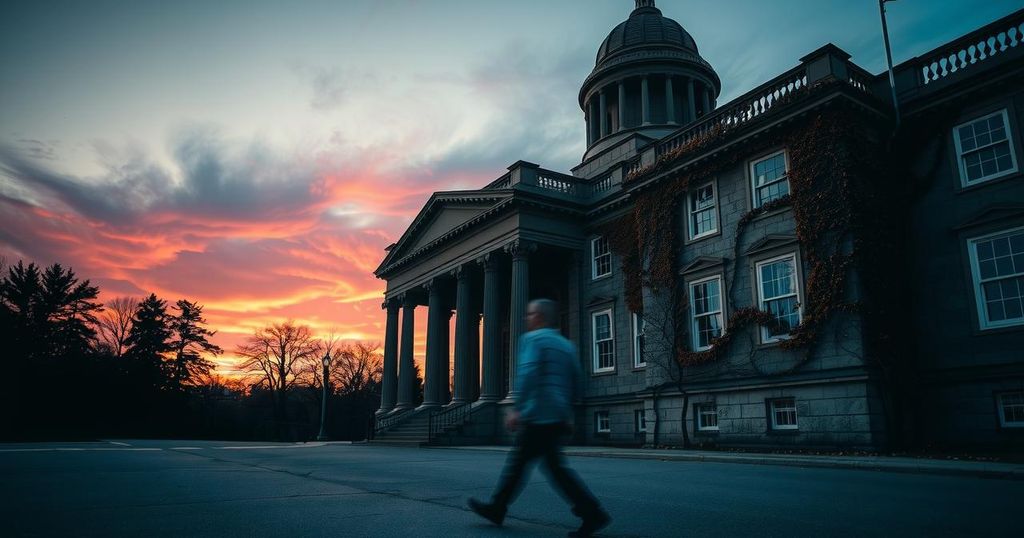
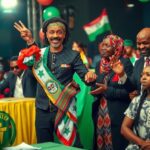
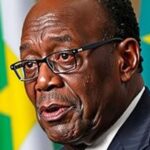
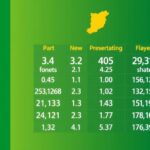
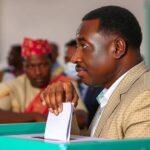



Post Comment